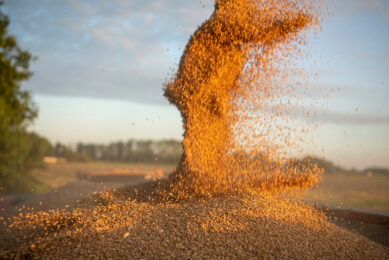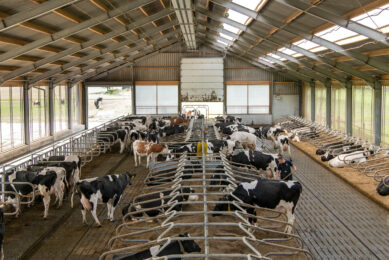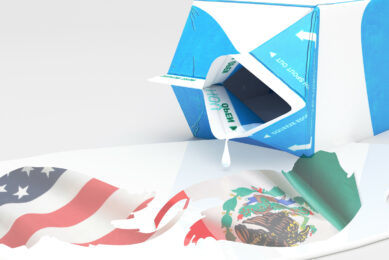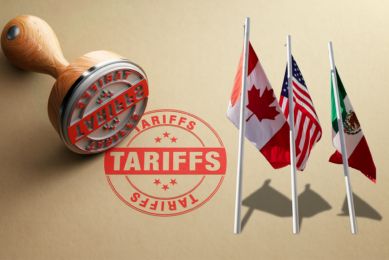Synthetic milk – the situation on the global market
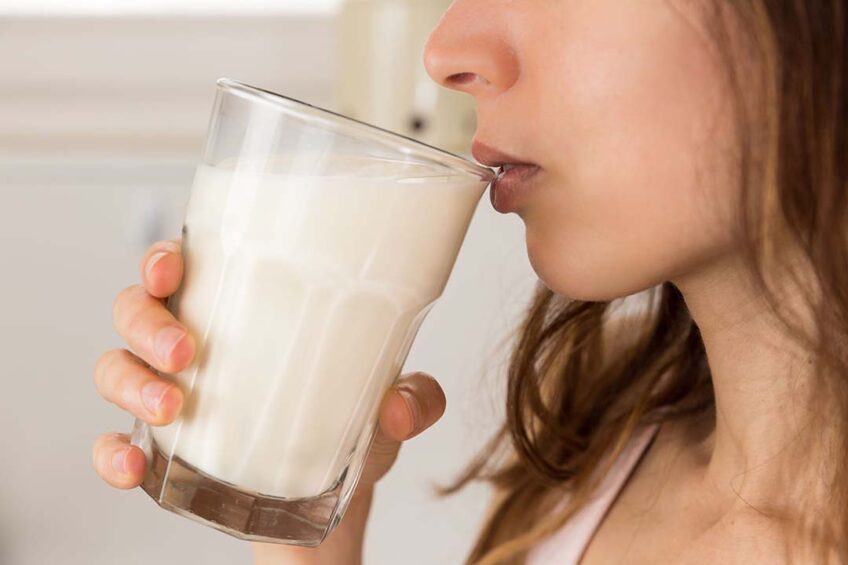
Food-tech start-ups are using precision fermentation technologies for another alternative to cow’s milk. This segment’s future remains vague as conservative consumers are not likely to quickly embrace synthetic products.
While lab-grown meat has already been around for some time, lab-grown dairy is something consumers do not frequently hear about.
“Synthetic milk is still a somewhat emerging industry, with many start-ups in their research and development phase. However, some companies are leading the way with products already in the market,” comments Milena Bojovic, a PhD candidate at Macquarie University, Australia. She pointed to the US-based company Perfect Day as one of the examples of a start-up working in this field.
‘We’re changing the process, not the food’ – this is Perfect Day’s slogan, reflecting the key feature of precise fermentation technologies. Ultimately, it will showcase products indistinguishable from cow’s milk. The milk from bioreactors will have the same taste, appearance, mouthfeel and good nutritional value.
Milk obtained through precision fermentation, referred to as ‘synthetic milk’, is environmentally friendly. “Because this novel form of animal protein can be produced without a cow, there is a significant opportunity to reduce methane and carbon emissions, water pollution, land use and animal welfare concerns,” Bojovic explains.
Calling the product ‘milk’
In June 2023, the National Milk Producers Federation called on the US Food and Drug Administration to crack down on the emerging segment, prohibiting start-ups like Perfect Day from using ‘milk’ to describe their products.
US farmers insisted that calling products obtained through precision fermentation milk is technically incorrect. While such products might contain milk protein, they do not meet the US federal standards of identity for ‘milk’. US dairy companies want the novel products to be labelled in a way that demonstrates their synthetic nature. Among the proposed options is ‘synthetic whey beverage’.
Bojovic says that the issue of how these novel proteins are labelled, marketed and used in end products will be a challenge for the sector in the coming years.
The rise of the precision fermentation segment could put pressure on conventional milk farming. However, regulatory issues may only delay but are unlikely to prevent the expansion of the synthetic milk segment. “If synthetic milk does not compromise on consumers’ desire for a fair price, similar taste and texture, then I think it will easily fit within current food systems,” she adds.
Conservatism persists
In November 2023, the Italian government banned the sale of lab-grown meat, sending a clear signal that livestock products derived from certain production processes is not wanted in the country.
“Italy is the world’s first country safe from social and economic risks of synthetic food,” states Francesco Lollobrigida, Italy’s minister of agriculture.
Italian society remains skeptical about synthetic meat and dairy, while politicians in some other European countries, including Hungary and Poland, have also called to consider taking steps against lab-grown food.
Consumer conservatism will also hamper the prospects of synthetic milk in non-EU markets. Russian consumers remain careful in shifting to any alternative products, commented Maria Zhebit, a director of the communication department of the Russian Union of Dairy Producers Soyuzmoloko.
Price remains a determining factor for customers when choosing food, Zhebit says, referring to the fact that synthetic milk products remain substantially more expensive compared to cow’s milk.
“In Russia, regulations for greenhouse gas emissions are being put in place but livestock farming has so far been excluded. Emissions can be reduced by increasing animal productivity, which is currently being observed at the main enterprises of the industry,” Zhebit states.
The demand in the global dairy market is expected to grow by 2-3%, and according to Zhebit, no reduction in cow’s milk production can be anticipated in the foreseeable future.
Inevitable future
While the short and mid-term outlook of the synthetic milk segment is not yet clear, analysts express confidence that the products obtained through precise fermentation will gain a foothold on the market in due course.
A 2019 report into the future of dairy by Rethinkx, an independent think tank, found that by 2030, the US precision fermentation industry will create at least 700,000 jobs. Coupled with mounting pressure to curb carbon emissions, the lower costs of synthetic milk production could revolutionise the global dairy industry.
“Given the pressing issues of climate change and environmental change we are facing we need effective and efficient interventions,” Bojovic adds.
As precision fermentation technologies are becoming more advanced, synthetic milk is expected to become more affordable over time. One of the start-ups, Australia-based All G Foods, has rolled out plans to make its synthetic milk cheaper than cow’s milk in the short term.
“Novel proteins like synthetic milk offer another pathway to increase sustainable food production.” Bojovic added.
Join 13,000+ subscribers
Subscribe to our newsletter to stay updated about all the need-to-know content in the dairy sector, two times a week.



